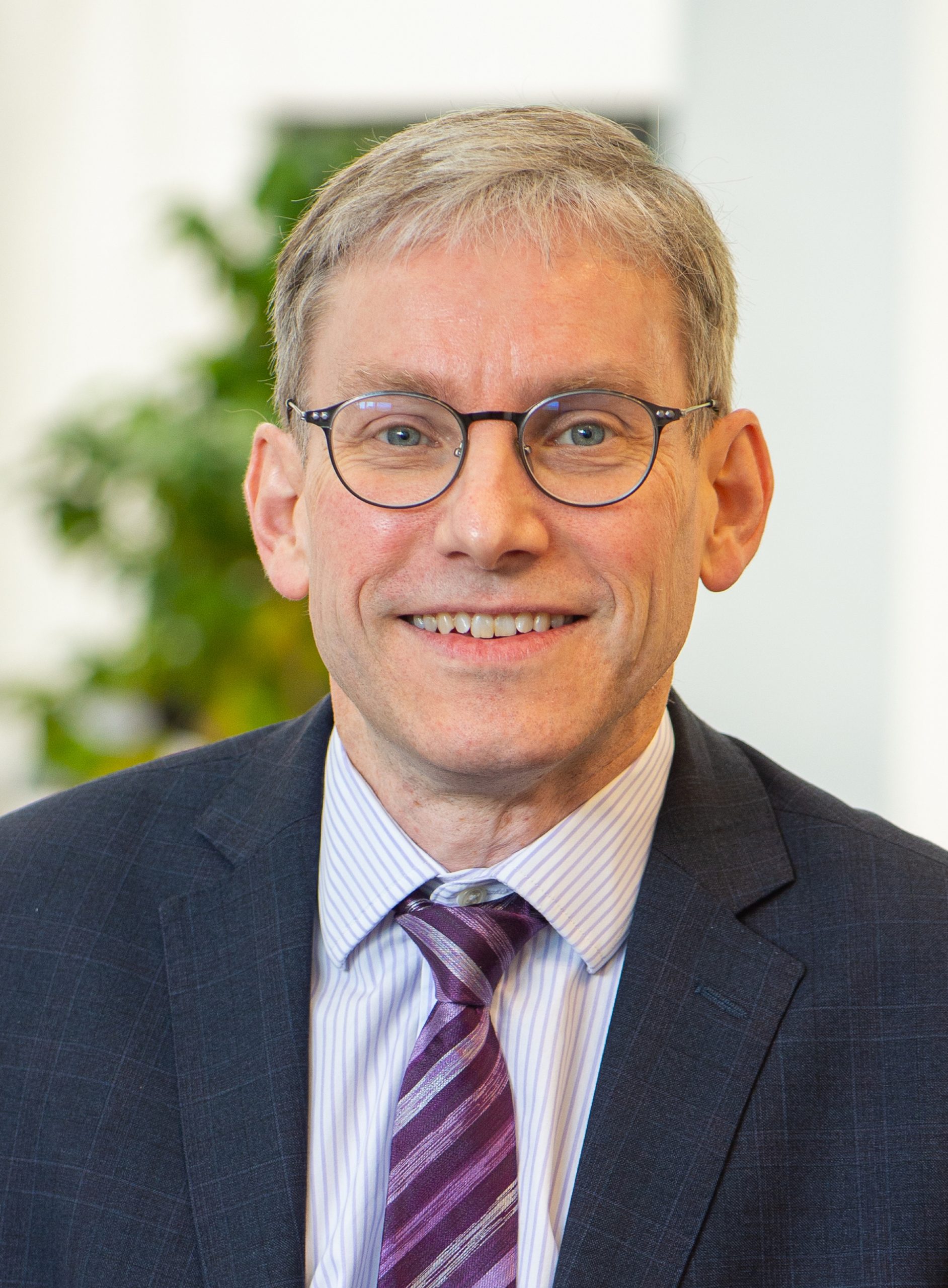 Welcome, Professor Andy Schofield,
Welcome, Professor Andy Schofield,
Professor Andy Schofield is the Vice-Chancellor of Lancaster University. As Vice-Chancellor he is the Chief Executive of the University and has overall responsibility for its operation and strategic direction. He took up the role on 1st May 2020.
Professor Schofield was previously Pro-Vice-Chancellor and Head of the College of Engineering at the University of Birmingham from 2015 until April 2020.
Andy is a theoretical physicist working in the area of condensed matter physics specialising in correlated electrons. He works closely with experimental groups who develop and study new materials using high precision techniques at low temperatures to understand how emergent properties like superconductivity, magnetism and novel metal behaviour arise.
Find out more about Professor Andy Schofield
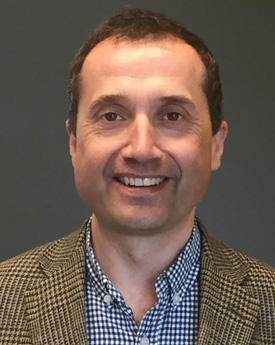 Conference Keynote, Professor Malcolm Joyce
Conference Keynote, Professor Malcolm Joyce
Research: freedom, variety and fascination
Research is a diverse activity but which is focused on improving understanding, in the broadest sense. It is diverse in terms of the fields on which one can concentrate and also in terms of the activities that go together to constitute a given research method. It is also diverse in terms of the outcomes that it can bring about – encompassing the practical, inventive, societal and transformational. In this keynote a personal perspective will be given as to what research is and why we do it, and what the mechanisms are by which it is possible for individuals to get involved. How research can be ‘tried for size’ at undergraduate level will be summarised.
Find out more about Professor Malcolm Joyce
Seminar 1. Disseminating your research
Presenting work at University conferences such as ours is one way of sharing your research with others, to help to build a network of potential future avenues for your work and career. In this seminar we will consider some of the other ways of disseminate your research, focusing on publishing in peer review journals, using social media and attending national undergraduate conferences. For this session we welcome three speakers:
- Dr Sarah Lennon, Executive Editor, New Phytologist Foundation. Sarah will talk about the process of publishing in peer reviewed journals.
- Dr Mike Whitfield, Development Coordinator, New Phytologist Foundation. Mike will talk about disseminating research using social media.
- Christopher Willitts, Senior Tutor Scholarship & Research, Blackpool & the Fylde College. Chris will talk about his experiences of attending national and international conferences, focusing on the British Conference of Undergraduate Research (BCUR).
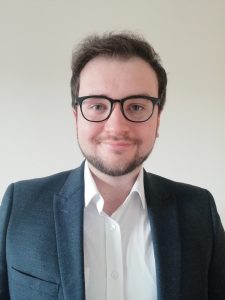 Seminar 2. What next? Life as a postgraduate
Seminar 2. What next? Life as a postgraduate
As undergraduate students you may be wondering what to do next, and perhaps thinking about further study as a postgraduate at Masters or PhD level. In this seminar we will look at options for postgraduate study and how to get there, and hear from current Lancaster University postgraduate researchers about what it is really like. Please join us for the opportunity to find out more and ask questions to an expert panel.
Jonny Parks from Lancaster University Student Recruitment at Bailrigg, will give a presentation to introduce postgraduate study. Jonny will then talk with a panel of current postgraduates about their experience. We welcome the postgraduate student panel of:
- Sam Rawsthorne. PhD student and associate lecturer in Accounting and Finance, LUMS, Bailrigg campus. Sam been at Lancaster since being an undergraduate.
- Ryan Bartle. A PhD student in Politics at Lancaster Bailrigg campus
- Rachel Gunn, Samantha Howlett and Mary Hodgson . PhD researchers in Lancaster Environment Centre, Bailrigg campus.
If you would like more information on postgraduate study you can contact Student Recruitment by emailing pgadmissions@lancaster.ac.uk (tel: +44 (0)1524 592032) or for international recruitment, internationalrecruitment@lancaster.ac.uk (tel: +44 (0)1524 592032).
Closing & thanks, Professor Simon Guy 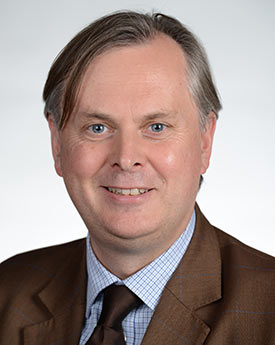
Professor Simon Guy is Pro-Vice-Chancellor Global (Digital, International, Sustainability, Development). Simon’s remit is to develop, connect and lead Lancaster University’s digital, global and development strategy. He is leading on the establishment of the University’s new campus in Leipzig and continuing to develop our China campus, while also strengthening connections between all our international partnerships including Ghana and Malaysia. He also leads on our digital agenda, ensuring our infrastructure and operational processes are digitally enabled to promote agility and efficiency and that digital innovation underpins our academic practices. Simon is the major lead across all of our development, alumni and fundraising work, oversees the library and he is the University lead on sustainability.
Simon’s previous role was the Dean of the Faculty of Arts and Social Sciences (FASS) at Lancaster University (2014-19) and in 2017-18 he was seconded as Interim Principal/CEO for University Academy 92 to lead the establishment of the new campus and curriculum.
Find out more about Professor Simon Guy
Closing with Shyavindi Bandaranayake and Stepan Suchkov.
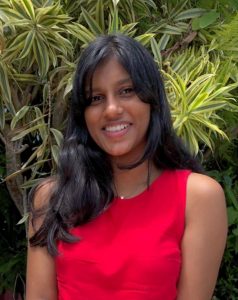

Shyavindi Bandaranayake and Stepan Suchkov are undergraduate student members of the UG Conference Steering Group, which has a vital role in developing the conference each year.
Shyavindi is based at Lancaster Leipzig and is in her first year in the Management School. She joined the management course with the intention of entering the event management industry one day along with a business background as one of her greatest passions, among singing and baking, is organizing events such as this.
Stepan is in LUMS, at Lancaster Bailrigg, and also in his first year studying Business and Management. He is interested in any ground-breaking, robust, and, of course, eye-opening research and says ‘Research has a long time ago established vitality to human decision-making, what can be more exuberating than to look deep into how things work and what they result in?! Particularly I keep my eyes peeled on disciplines such as: physics, maths, motivation theories, teamwork, environment and humans’ impact on the Earth.’